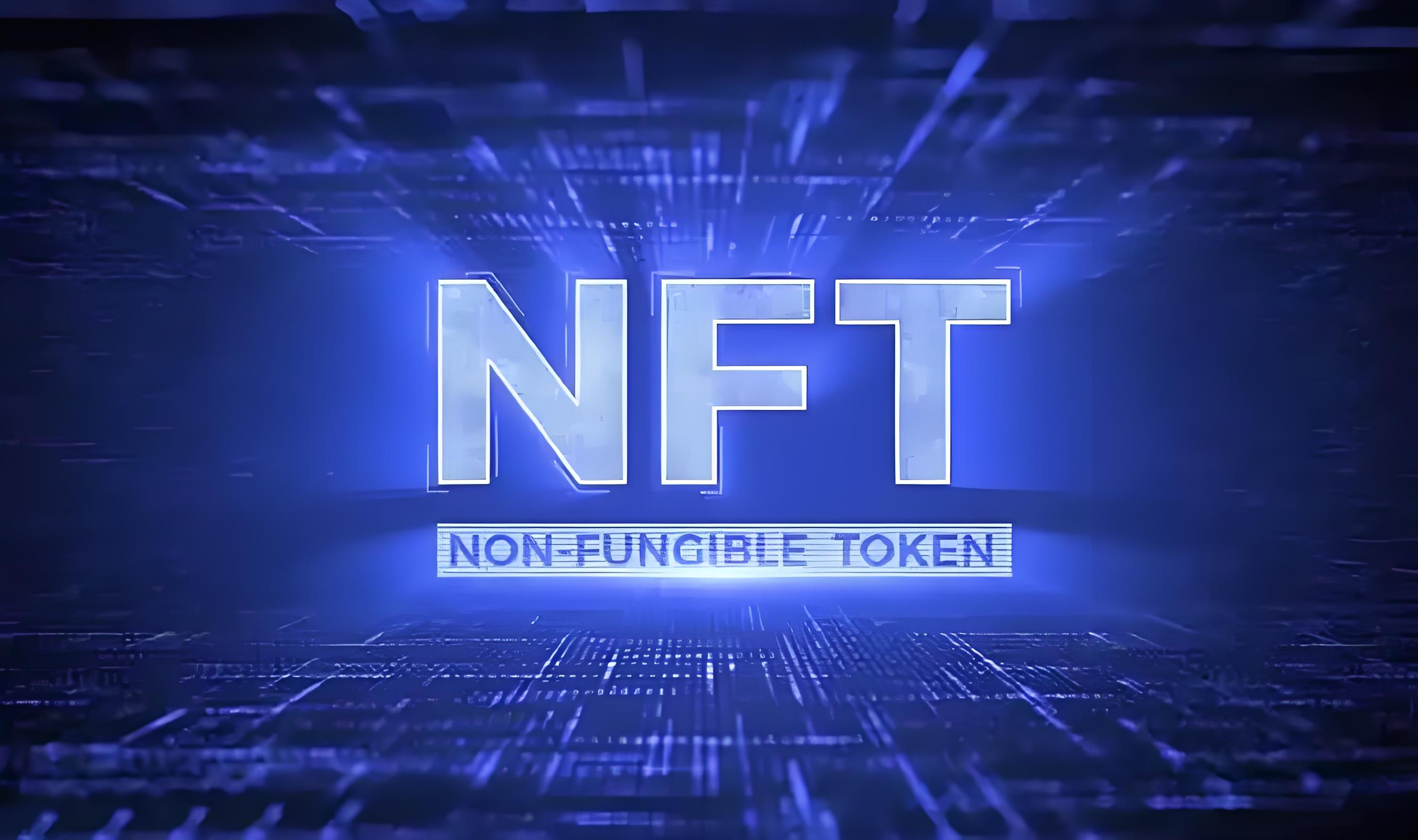

In a world where finance is rapidly digitizing, one emerging concept is quietly gaining traction: stock NFTization. At first glance, it may sound like just another crypto buzzword. But when we dig deeper, the idea of representing equity or shares as NFTs (non-fungible tokens) offers a glimpse into the future of ownership, governance, and capital access. It’s not just a trend—it might reshape how we invest.
Stock NFTization refers to the process of linking equity or stock-related rights to blockchain-based NFTs. Unlike traditional stocks recorded in centralized systems, an NFT is a unique digital certificate on a decentralized ledger. This allows investors to hold, trade, or even interact with equity on a blockchain, often without intermediaries.
An NFT-based stock can include voting rights, dividend entitlements, or participation in shareholder decisions. It turns what was once a line in a broker’s database into a programmable, tradeable, and verifiable asset—something you actually own in your wallet.
There are a few key reasons this movement is gaining attention:
Decentralized Ownership
NFTs can remove the need for traditional brokers or custodians. You control your share—fully, instantly, and globally.
Fractional Access
Stock NFTs allow fractional ownership, which means you can buy just 0.1% of a company if that’s all you want to afford. It democratizes access to private equity and early-stage investments.
Interoperability with DeFi
Imagine pledging your equity NFT as collateral in a decentralized lending protocol or using it in yield farming strategies. These financial primitives are already being tested in Web3.
Transparency & Automation
All NFT transfers and ownership changes are on-chain, viewable by anyone. Smart contracts can automate voting, dividends, and compliance.
Startups, DAOs, and even some forward-thinking VCs are experimenting with NFT-based equity issuance. Instead of traditional SAFE notes or stock options, some companies are issuing NFTs that represent real ownership or future profit claims.
Platforms like Securitize, Republic, and others are beginning to bridge the gap between regulatory compliance and blockchain issuance. While large-scale adoption is still in its early days, the tools are coming together.
As with any financial innovation, stock NFTization comes with risks. The biggest hurdle is regulation. In many jurisdictions, any equity-linked NFT could be classified as a security, requiring full compliance with complex laws. That’s why most experiments so far focus on unregistered, private equity deals or symbolic NFTs.
Additionally, investor protections are not always in place. If you lose your wallet, you might lose your equity. If a platform disappears, your rights might be hard to enforce. And NFT markets are still prone to volatility and scams.
Stock NFTization is not hype for hype’s sake. It’s a serious attempt to modernize how we represent, trade, and manage ownership—especially in a global, digital-first world. It won't replace the stock market overnight, but it might complement it in powerful new ways.
Whether you’re a startup founder, investor, or technologist, this is a space worth watching. The lines between traditional equity and decentralized assets are beginning to blur—and that might change everything.